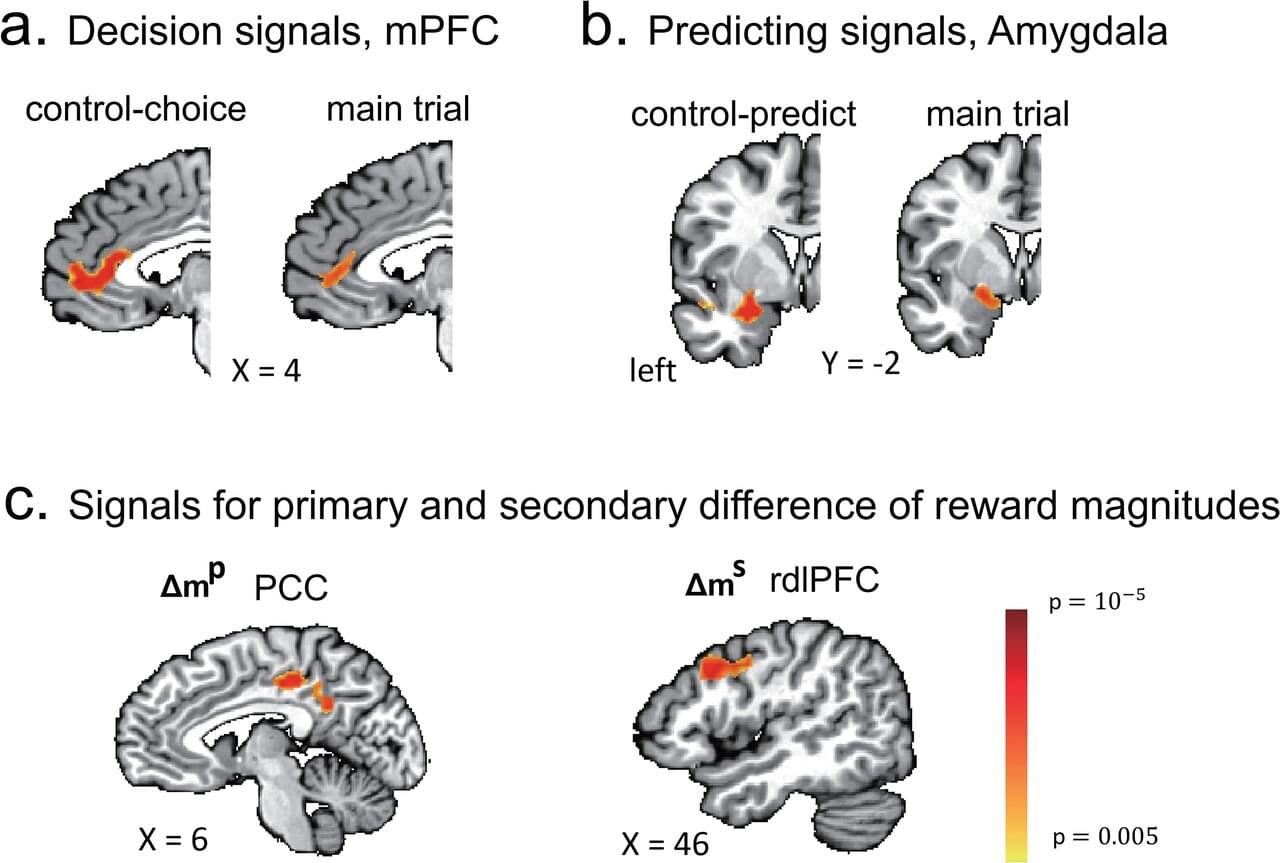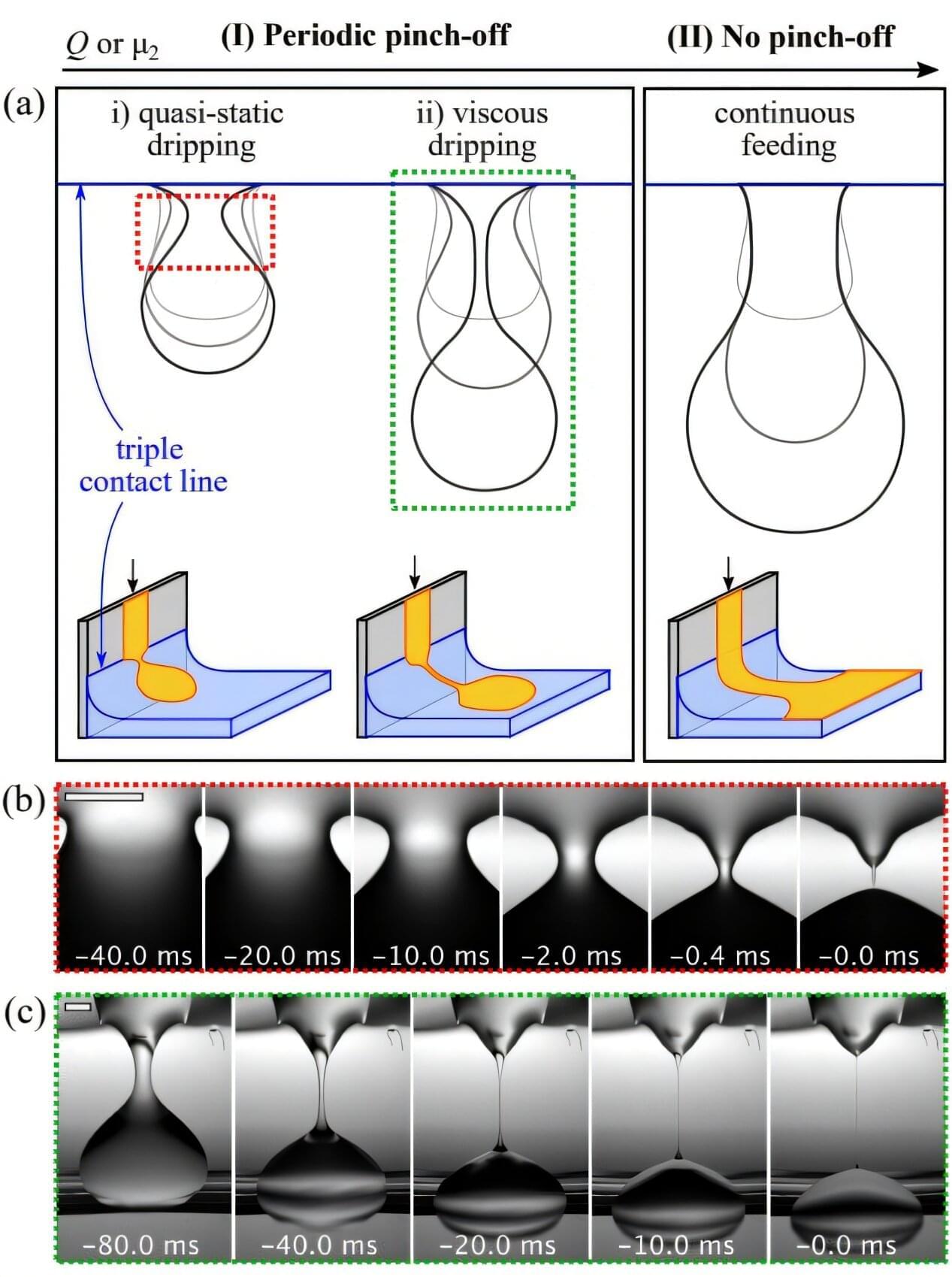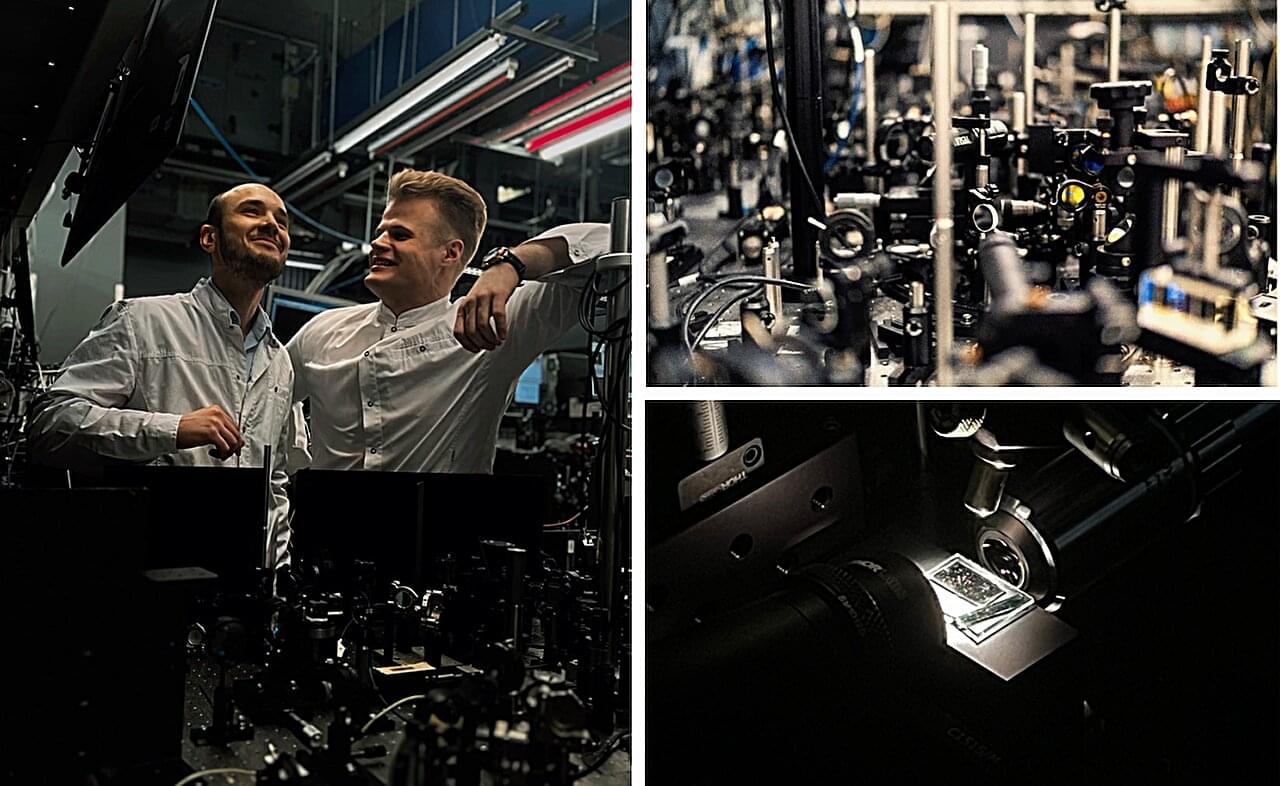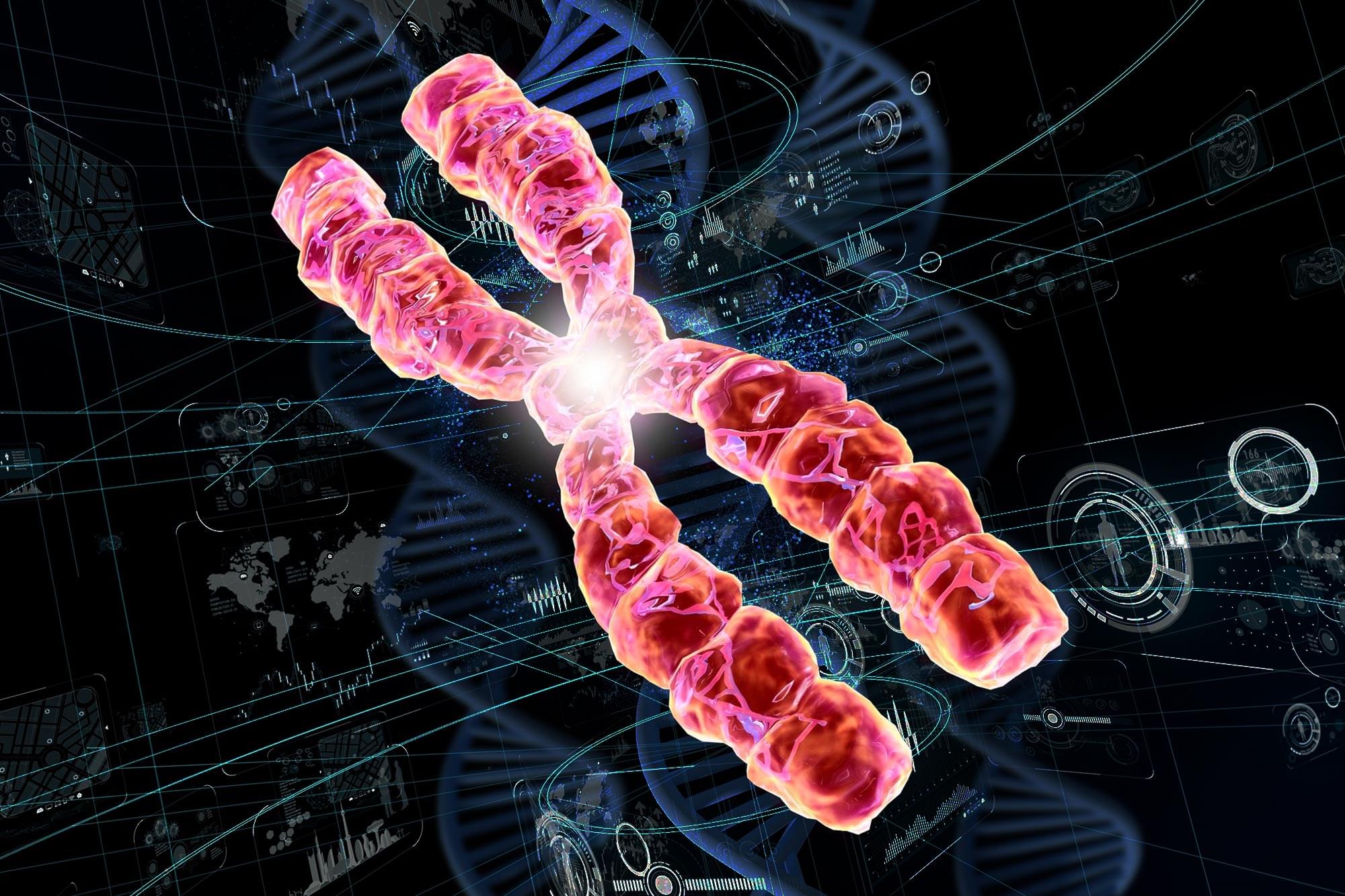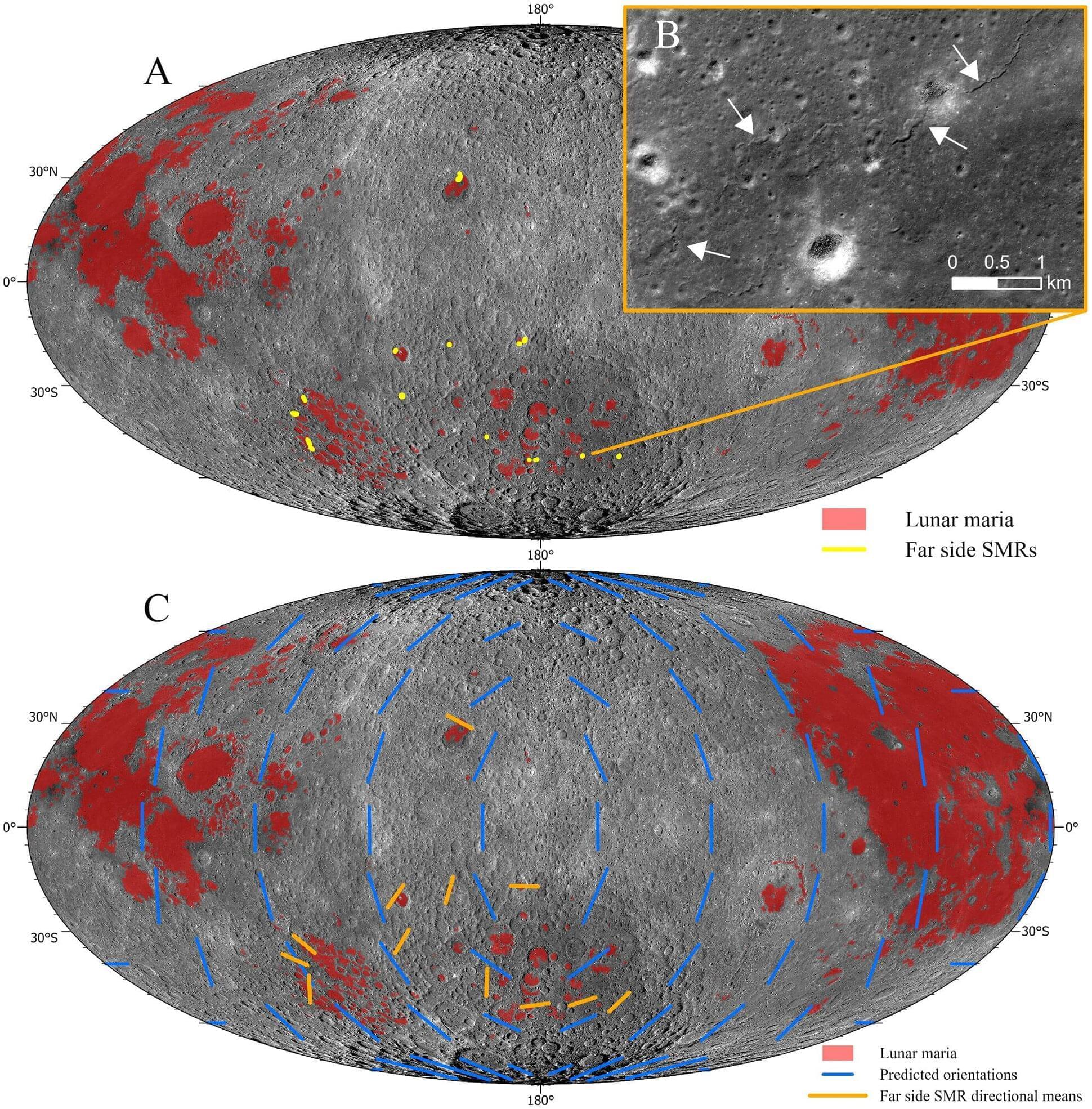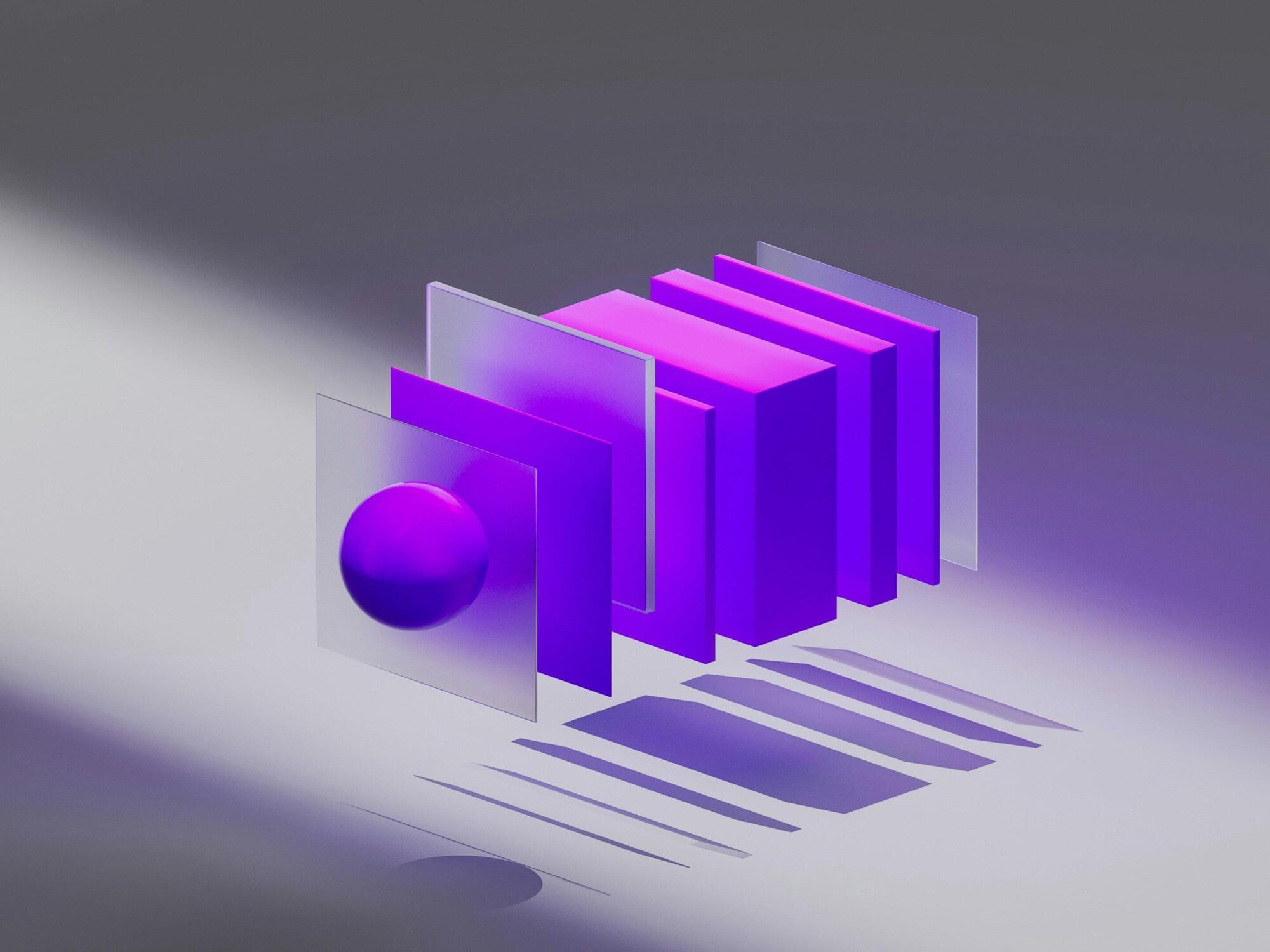In the well-known thought experiment known as the prisoner’s dilemma, one individual has to decide whether to stay silent or talk to the police about their crime based on how they anticipate an accomplice will react. RIKEN researchers have gained insights into how the brain incorporates such predictions about choices made by others into the decision-making process.
Past studies have identified brain structures and circuits involved in predicting and interpreting the behavior of others. However, it was unclear how predictions of others’ behavior influence our choices.
Hiroyuki Nakahara of the RIKEN Center for Brain Science and his team hope to uncover more about this process. “We’re especially interested in understanding how human social capabilities are realized in the human brain,” Nakahara says.
